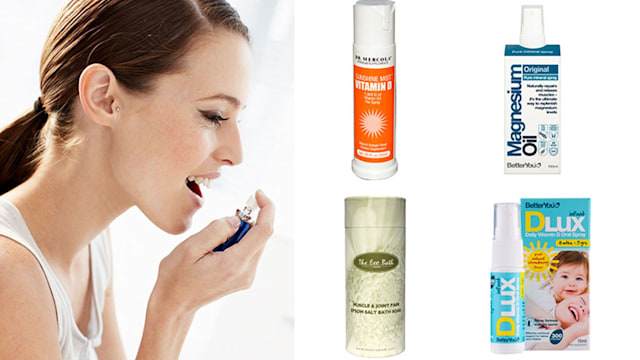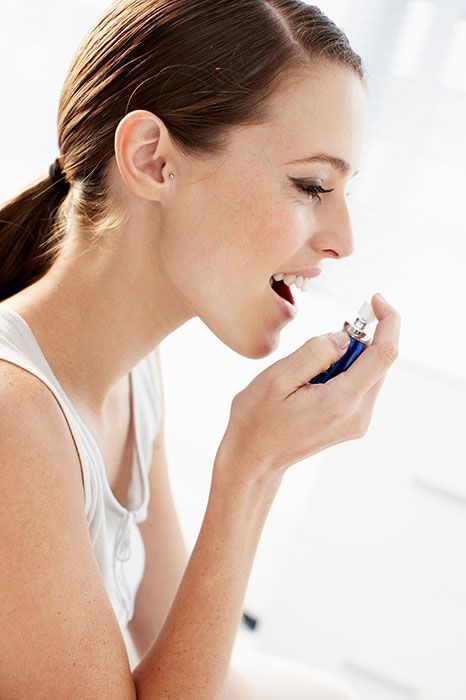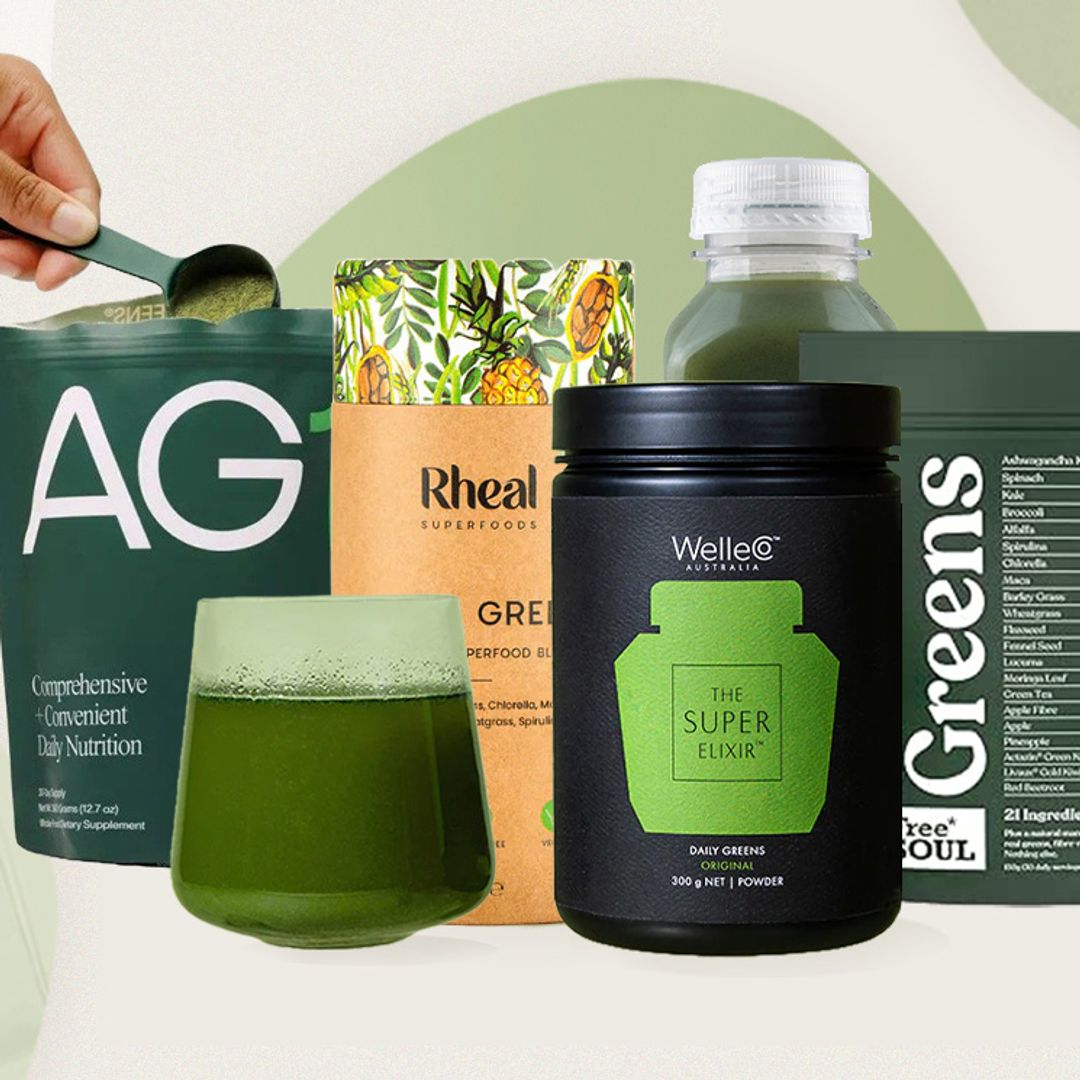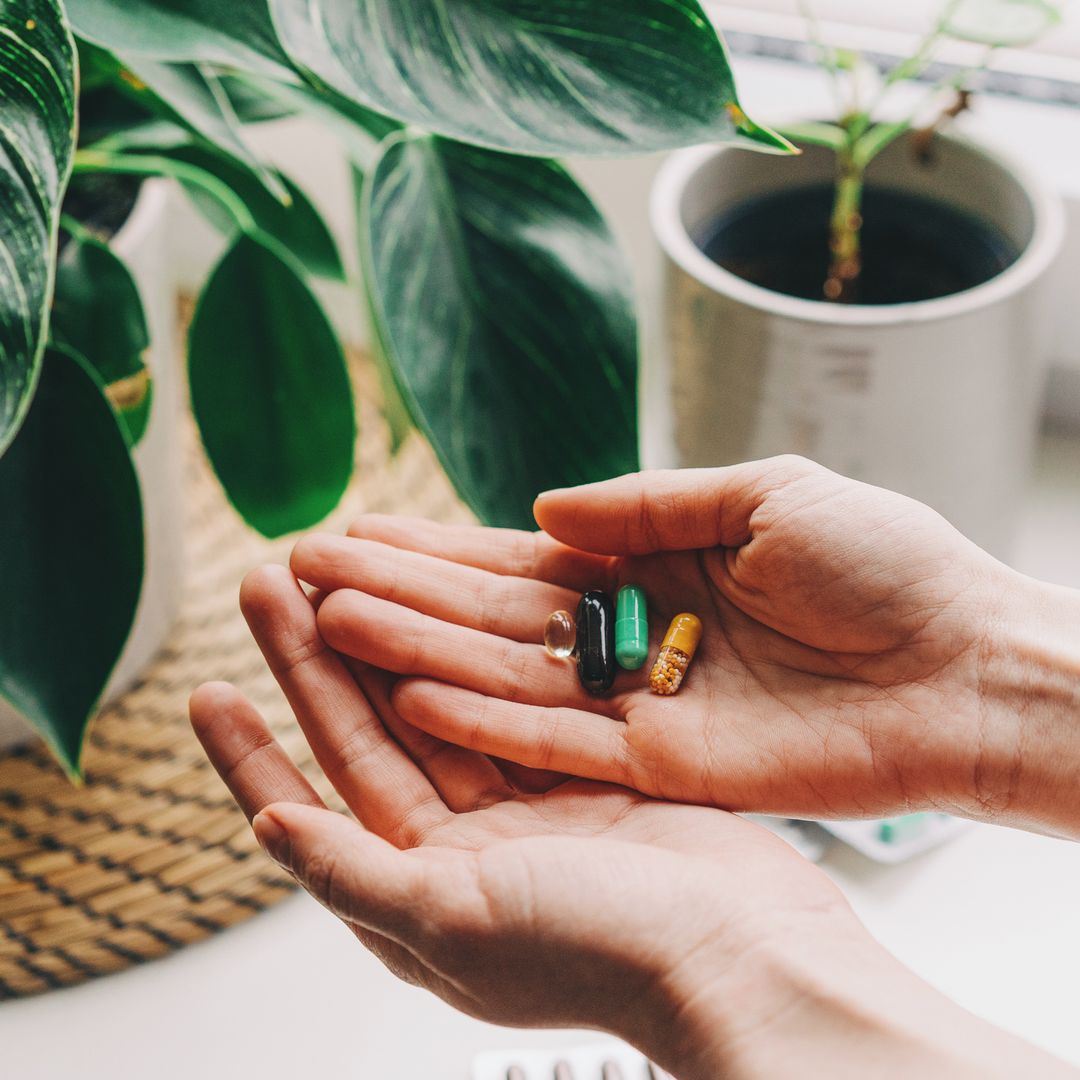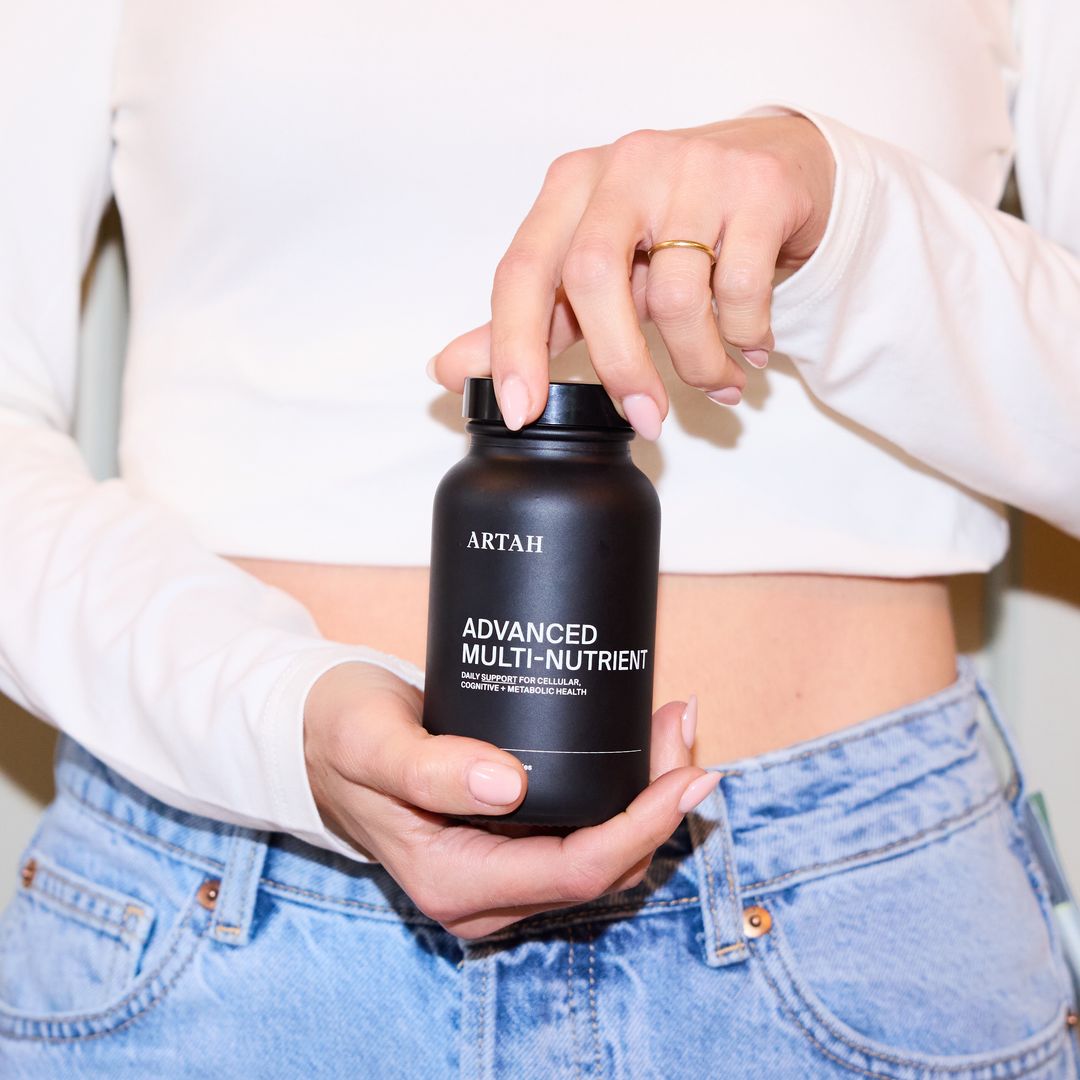If you thought the best way to supplement your diet was by popping a pill, think again. Research has found that there are far more efficient methods of getting vital nutrients into our bodies. HELLO! Beauty Editor Nadine Baggott investigates…
With a market currently worth more than £400million a year in the UK and sales growing annually, our appetite for vitamin and mineral supplements shows no sign of waning. With the waiting time to see a GP seemingly getting longer and longer, it is perhaps little wonder that we seize on the claims of these nutritional helpers, which appear to offer a handy cure for everything from failing eyesight and aching bones to wrinkled skin and a poor immune system.
The supplement business is divided into three groups: vitamins; minerals such as zinc, copper, selenium and iron; and dietary supplements such as fish oils, herbs and spices and glucosamine. They are all controlled under the Food Safety Act 1990, which means that they simply have to be fit for human consumption, rather than meet the claims they offer on the packaging. This is because these promises are merely "health-giving" benefits, rather than medical. Consequently, they are not classified as medicines, which are subject to far more stringent regulations.
OF PRODUCTS
Nutrition Gap
Of course, that does not mean we should dismiss all nutritional supplements as the modern equivalent of snake oil. Many offer real health benefits. Take vitamin D, which is essential for bone development in children and for maintaining a healthy immune system. The Government is so concerned by the lack of this vital nutrient in our diets and our inability to produce it via sunshine because of the use of high SPFs in summer and the lack of sun in winter months, that it now recommends we all take a daily vitamin D supplement.
But is popping a pill the best way to go? Increasingly, research seems to point to more effective delivery systems.
"We know that people want to take supplements, vitamins and minerals mainly because they feel there are gaps in their nutrition," says nutritionist Ian Marber. "So it makes sense – both scientifically and economically – for the manufacturers and for researchers to try to discover and develop newer, more effective ways to deliver a healthy dose as quickly and safely as possible.
"At the moment a lot of the money that people are spending on supplements is quite literally being flushed down the toilet."
That is because our bodies are not that efficient at digesting, processing, absorbing, then utilising vitamins in pill form. When you take a pill with water, it first travels to the stomach, where it hopefully breaks apart and releases the nutrients it contains. These are then absorbed and processed by the liver, but only a fraction of them enter your bloodstream. If the vitamin in question is water soluble, such as vitamin C, or you take your vitamin as a fizzy drink, this will speed up absorption, but processing also happens more quickly and often you simply pee out most of the active ingredient.
Open Wide
A far more efficient alternative is an oral spray. It is thought that while just 10-20 per cent of the contents of conventional supplement pills are absorbed, with oral sprays this figure is boosted to up to 60 per cent. This form of delivery bypasses the digestive system, taking the nutrients directly into the bloodstream via the lining of the mouth. The result is that a higher percentage of the vitamin gets into your body, it is not degraded by stomach acid and does not tax the liver. What’s more, unlike pills, you can take an oral spray whenever you need to, not necessarily with food or drink.
In the UK it is argued that switching to oral and transdermal (via the skin) delivery of vitamins could save the NHS a lot of money. Along with vitamin C, vitamin B12, niacin and niacinamide (both B3) and thiamine (B1) can all be taken in a spray, while certain minerals, such as magnesium, work best when absorbed through the skin.
BetterYou, a UK manufacturer and supplier of oral delivery vitamins, is undertaking a clinical trial within the NHS on the efficacy of some of its products. In addition to a range of oral sprays, BetterYou also offers transdermal delivery products. This skin-absorption method is not as strange as it sounds when you consider that, for decades, drugs including nicotine, painkillers, hormone replacement therapy and contraception hormones have been delivered via skin patches. From foot soaks and bath salts to oil sprays and body butters, transdermal delivery makes it easier to get the nutrients your body needs, in concentrations that make a difference.
